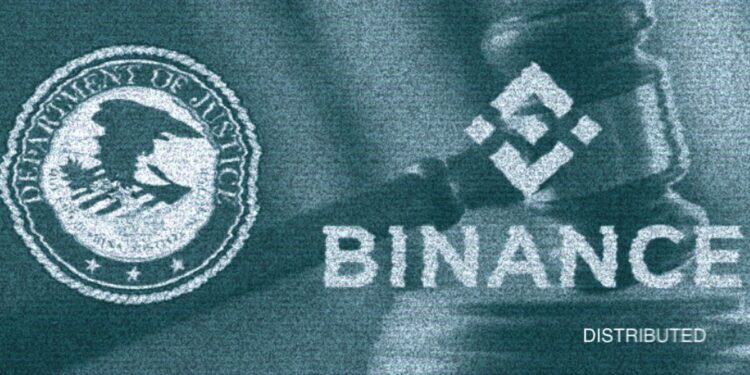- Binance’s founder, Changpeng Zhao, pleaded guilty to money laundering violations and is required to pay a fine of $50 million.
- Zhao has been free on a $175 million bond but faces additional legal challenges.
A US judge has accepted Binance’s guilty plea and the staggering $4.3 billion penalty for violating federal anti-money laundering and sanctions laws. The plea followed years of scrutiny over lapses in internal controls at the world’s largest cryptocurrency exchange.
The guilty plea, which includes a criminal fine of $1.81 billion and forfeiture of $2.51 billion, was approved by US District Judge Richard Jones in Seattle, Reuters reported. The plea resolves a lengthy investigation that uncovered Binance’s failure to report over 100,000 suspicious transactions involving designated terrorist groups like Hamas, al Qaeda, and ISIS.
Additionally, Binance’s platform was found to facilitate the sale of child sexual abuse materials and received substantial ransomware proceeds. In response to the plea agreement, Binance issued a statement acknowledging its responsibility and highlighting upgrades to its anti-money laundering and “know-your-customer” protocols. The company emphasized significant progress toward meeting the agreement’s requirements.
See Related: Binance’s $3.9 Billion USDT Transfer Sparks Speculation Amidst CEO’s Guilty Plea
Binance’s Guilty Plea and Penalties
Meanwhile, Binance’s founder, Changpeng Zhao, who has been free on a $175 million bond, faces additional legal challenges. Zhao, who pleaded guilty to money laundering violations, was required to pay a $50 million fine and step down as Binance’s chief executive.
The approval of Binance’s guilty plea coincided with proposed changes to Zhao’s bond, sparking objections from his legal team. Prosecutors sought modifications reflecting Judge Jones’ orders for Zhao to remain in the continental United States and under court supervision until his sentencing in April.
The proposed conditions include providing advance notice of travel plans, surrendering passports, and adhering to specified residency requirements, with pretrial services officers recommending location monitoring.



